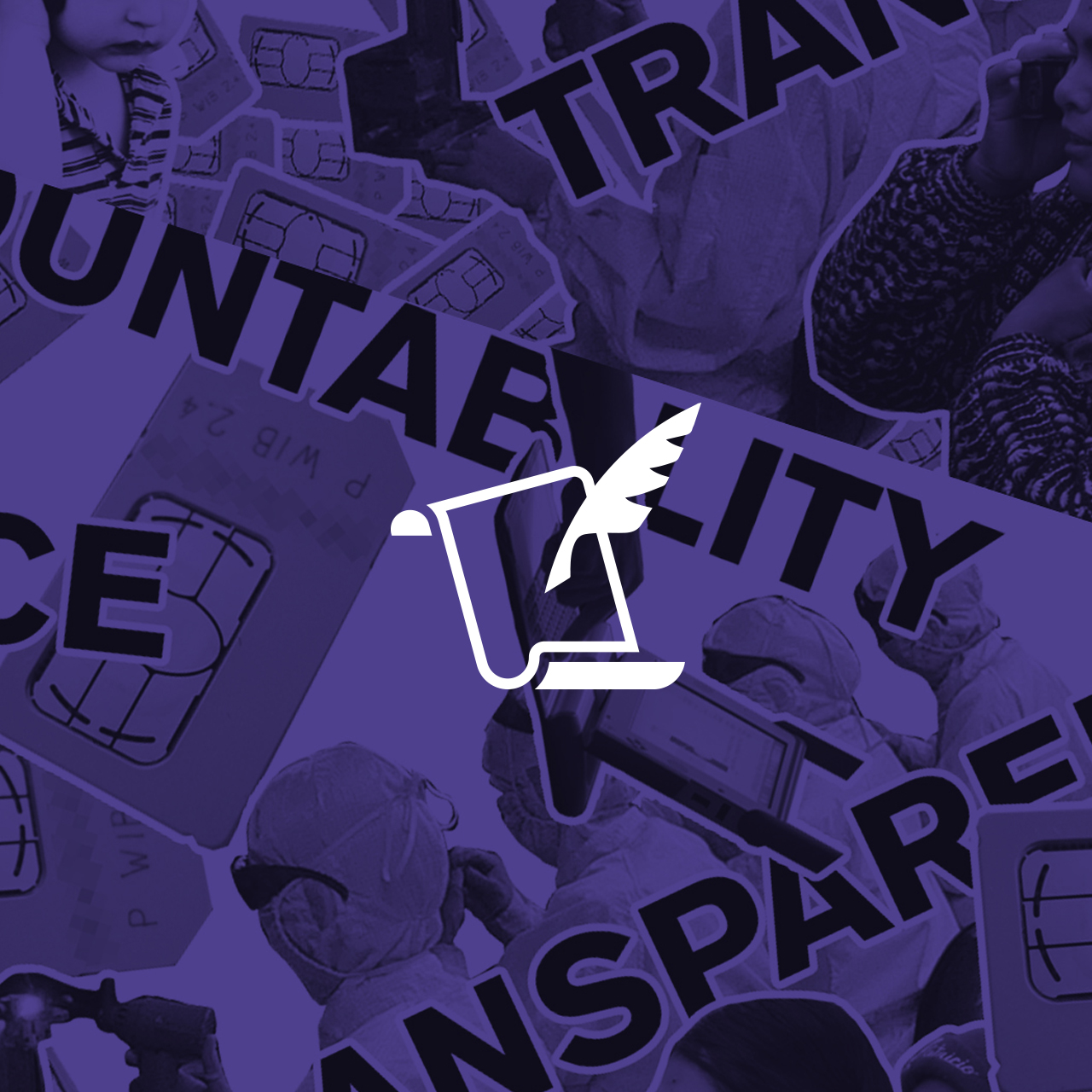This past March, people from all over the world gathered in San Francisco for RightsCon. Access’ annual conference brings together activists, corporate leaders, programmers, representatives from various governments, and experts in law and policy working on a range of issues at the intersection of technology and human rights.
I had the pleasure of moderating a RightsCon discussion with three of these attendees, individuals I have the deepest respect and admiration for: Marietje Schaake, a Dutch Member of the European Parliament; journalist, blogger, and surveillance expert (among other things), Marcy Wheeler; and Barton Gellman, a preeminent journalist who has led the Washington Post’s reporting on the surveillance programs revealed by Edward Snowden. The topic of the discussion was “Known Unknowns of the NSA Surveillance Programs,” and the discussion revolved around Executive Order 12333.
At the time, Executive Order 12333 was drastically under-discussed, and we still know frighteningly little about how it’s used. However, that may be about to change. Last week, former Secretary of State official John Tye penned a damning editorial about what programs are taking place under the Executive Order, which was first issued by President Reagan and is largely believed to provide authority to the NSA (and other intelligence agencies) to conduct broad and sweeping surveillance. In practice, as long as interception occurs outside of the U.S., there are no rules. Given the internet’s globally distributed nature, the intelligence community can and has created an indiscriminate net that collects the communications of everybody, everywhere.
John Tye was also at RightsCon, along with his colleague Scott Busby. While I was talking about 12333 on stage, they were preparing to make a huge announcement: the U.S. Government was set to officially endorse six principles derived from the International Principles on the Application of Human Rights to Communications Surveillance. The International Principles, which have been endorsed by more than 400 civil society organizations around the world, provide a framework for assessing states’ human rights obligations when conducting surveillance. Access is a lead organizer of the Principles and helped to draft the document, so it was fitting that this announcement would come at our annual conference.
In his editorial, John Tye references that speech, which he had written to announce the endorsement, and explains how a last minute change was ordered by the White House: what had previously been a sentence about how the democratic process could be used to change the scope of signals intelligence activities was altered – the democratic process could change U.S. law and policy, but not surveillance activities. That is because, one can infer, those practices are not conducted under “law” as we know it — they are authorized in secret, carried out in secret, conducted by non-elected officials, and include no independent oversight, either by the courts or Congress.
Executive Order 12333 is secret law. Sure, the words are public, you can type the number into your favorite search engine and as sure as anything it will pop up in all its black-and-white glory. But few individuals, outside of those who execute surveillance underneath its umbrella, will ever know what the words really mean. The rest of us can only know one thing about it for sure: E.O. 12333 provides cover for any and all surveillance that is not otherwise illegal or unconstitutional — words that mean little when collection of our most personal communications and transactions occurs outside U.S. boundaries. As Mr. Tye explains, “Executive Order 12333 contains nothing to prevent the NSA from collecting and storing all such communications — content as well as metadata — provided that such collection occurs outside the United States in the course of a lawful foreign intelligence investigation.”
I’d voice my disagreement with the White House that these programs are not subject to the democratic process. Sure, Congress isn’t responsible for these programs (and, it seems, knows very little about them) and the secret FISA Court has no hand here, nor does any other court for that matter. There’s no opportunity for blame-shifting here; the simple truth is the Executive Branch unilaterally implemented this surveillance authority and unilaterally has the power to open up to the public about what is going on, to stop over-collection, both of information of U.S persons and of users around the world, and to drastically reform both the text and the practices behind Executive Order 12333.
While the leaders of the NSA, the CIA, the FBI, and others in the intelligence community are not elected, their leader is. We now know enough to demand that President Obama, and any of his potential successors, implement transparency measures and comprehensive surveillance reform — reform his own independent overseers have already endorsed.
Secret law is antithetical to the principles of democracy and, according to one federal court, simply “repugnant.” The secret laws of surveillance are no longer acceptable, and certainly not in answer to the amorphous and unsubstantiated claim that it “makes us safer.” Executive Order 12333 can no longer stand, it is time for reform.
